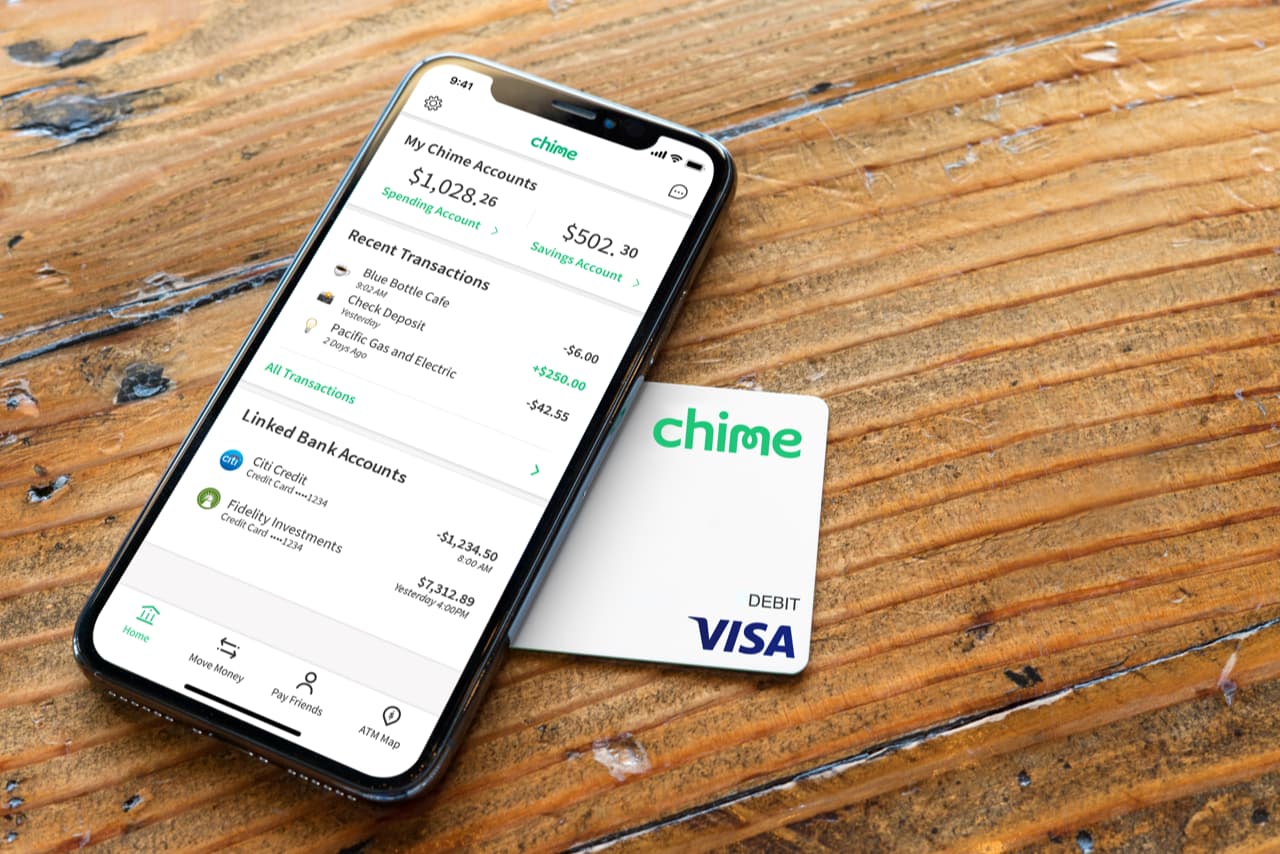GrainChain raises $29 million to expand agricultural blockchain
Texas-based GrainChain, a company building an agricultural blockchain for supply chain tracking, said today it raised $29 million in a new round of funding to accelerate its growth across the US and Latin America.
The fundraising included investments from Overstock.com Inc., which participated in the company’s previous funding rounds via Medici Ventures, Pelion Venture Partners and Brigham Young University via BYU Cougar Capital. This brings the lifetime raised by the company to $39.7 million over its cumulative funding rounds.
GrainChain uses a distributed ledger blockchain platform to provide solutions for farmers, distributors, grocery and other agricultural businesses to receive faster payments by tracking the supply of tradable goods between farms and buyers to create fair markets. The solutions include tracking data from seed to harvest, inventory management, as well as logistics for delivery and transport.
“2022 was a breakthrough year for GrainChain in many ways,” said GrainChain CEO and co-founder Luis Macias. “We saw explosive growth when our transaction platform, Trumodity, was fully integrated with banking systems in Latin America and when we launched liquidity programs with coffee producers in Mexico and Central America.”
In January, GrainChain opened a relationship with one of the largest coffee exporters in Mexico, Exportadora de Café California (a division of coffee importer Neumann Kaffee Gruppe), which supplies a significant number of coffee roasters worldwide with coffee beans both directly and through its sister importing companies.
So far, GrainChain has also brought on board thousands of small-scale producers of coffee and other commodities across Central America. The company also supports operations for MasterBarter in Brazil, a company created to make barter more accessible to farmers and create financial inclusion for operators and workers who do not have access to central banking services.
Blockchain technology allows businesses to achieve operational transparency by recording every transaction to a distributed ledger that can be audited by third parties to prove that data has not been tampered with. Using the blockchain, farmers can trace cases and pallets of food to goods that can be tracked throughout their journey from farm to shelf. On the same blockchain, these items can be bought and sold, meaning it can provide a mechanism for faster payments and property transfer.
This is also the goal behind the IBM Food Trust Network, which is used to register and track a variety of commodities to ensure food safety throughout the agricultural supply chain to prevent foodborne illness.
GrainChain currently operates in four regions, including the United States, Mexico, Brazil and Central America. It said it will use the additional funding to accelerate the expansion and market growth of its agricultural product solutions.


